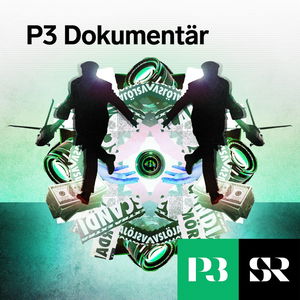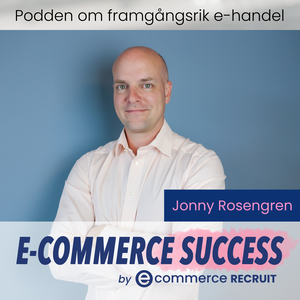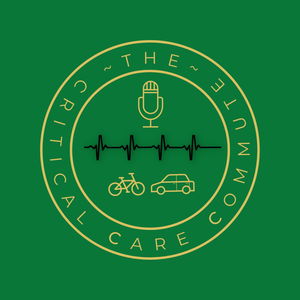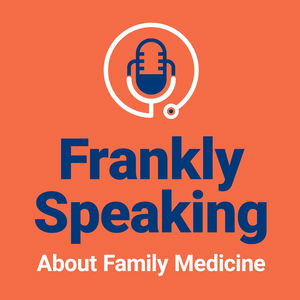"Life doesn’t get easier, you handle hard better"
Alan & I delve into the world of self awareness and personal growth. It all began with a moment that could have been his last. After a life changing car accident, which propelled Alan into a journey of self-discovery and growth, Alan shares how his experience at Cognex highlighted the dual-edged sword of industrial automation: while it propels personal success, it also challenges job availability for other workers. We explore how this moral conflict fuelled his mission at Next Level University to empower individuals with free, open source personal development resources to allow people to take themselves to the next level of who they are.
We discuss using learning sciences to alleviate ignorance-induced suffering, and the importance of awareness, commitment to growth, and the harmony of team dynamics. In a world that often celebrates overconfidence, alongside gathering knowledge must be humility and self-efficacy - leaders often have external self-efficacy but less internal self-efficacy. We must keep the balance between external achievements and internal fulfillment, encouraging ongoing effort and intentionality.
Alan shares not only his personal journey, but also his insights and methods from working with people all over the globe, to help them transform into a fulfilled version of who they really are.
The main insights you'll get from this episode are :
- The rise of industrial automation will take jobs from the growing population of less educated people; therefore, retooling is necessary and the NLU aims to empower people to create their own jobs.
- It is free to attend and offers resources and opportunities for those willing to put the work in to grow themselves and their business, reach their potential and create a brighter future.
- It is a big ambition with a mission statement, core values, metrics, subjects, and vehicles to achieve it, based on self-awareness being a necessity, not a luxury – if we are not part of the solution, then we are part of the problem.
- The root cause of human suffering is ignorance and apathy, i.e. we don’t know (enough) or don’t care (enough); we must learn and find our purpose, caring deeply (enough) to fulfil our true potential.
- Alongside gathering knowledge must be humility and self-efficacy - leaders often have external self-efficacy but less internal self-efficacy; after all, ‘life doesn’t get easier, but you handle hard better’.
- There is always a percent error (that requires underlying contingency plans) but being right increases with age – we are never fully right but we become more and more right, and more right than others.
- The challenging duality of knowing more than others but less than there is to know requires vulnerability and radical humility – we must be able to hold two different ideas simultaneously, as decisions are not always binary.
- A good modus operandi can be to reverse engineer problems, understanding the calculations that go into decision-making. Comparing self-driving cars with human beings, both need:
· Accurate current location, i.e. self-awareness
· Accurate destination location, i.e. a goal
· Accurate terrain, i.e. direction
- Humans are wired inaccurately through education, society, etc. and rewiring our thinking helps us make better decisions and be more successful, but this requires accurate data.
- The subconscious and unconscious brain are much more powerful than the conscious (=intuition); the cognitive function tends to dominate but we must develop all four parts of ourselves, i.e. physical, mental, emotional, and spiritual.
- Most people can benefit from working on their inner self - either with a coach (future-oriented, goal-led, external) or a therapist (internal, learning from the past, identity) – to acquire data for consistent re-evaluation.
- Our blind spots internally and externally require illumination from people we trust – people who care more about our potential than our feelings (e.g. coaches, mentors, therapists).
- NLU operates an intuitive system for assessing potential students based on eight characteristics: unstable, naïve, manipulative, entitled, delusional, significance-driven, arrogant, immature – a high score results in non-acceptance.
- The system is based on the experience that actions can lie as well as words, and people can fake most things - such learnings come from pain, suffering and failure, but it is also very empowering.
- A growth journey involves moving from victim to villain to hero to guide; ultimately it is a quest to be successful externally and fulfilled internally – long-term, this requires fulfilment to take priority over success, but very few people achieve both.
- Another strategy is to move from the ‘doom loop’ (if you don’t believe, you don’t invest, and you don’t get results) to the ‘success loop’ (a learning loop with five stages: humble curiosity, implement, reflect on action, learn, improve).
- Chasing the dream is the dream and easy is not the goal – comfort and growth do not coexist, and we must grow and contribute beyond ourselves if we are to find meaning in life: ‘push outside the comfort zone, toward potential, but not out of integrity’.
Find out more about Alain and the Next Level University here :
https://www.nextleveluniverse.com/next-level-university-podcast/
https://www.nextleveluniverse.com/
https://www.instagram.com/alazaros88/
https://www.linkedin.com/in/alanlazarosllc/
https://www.facebook.com/alan.lazaros



















